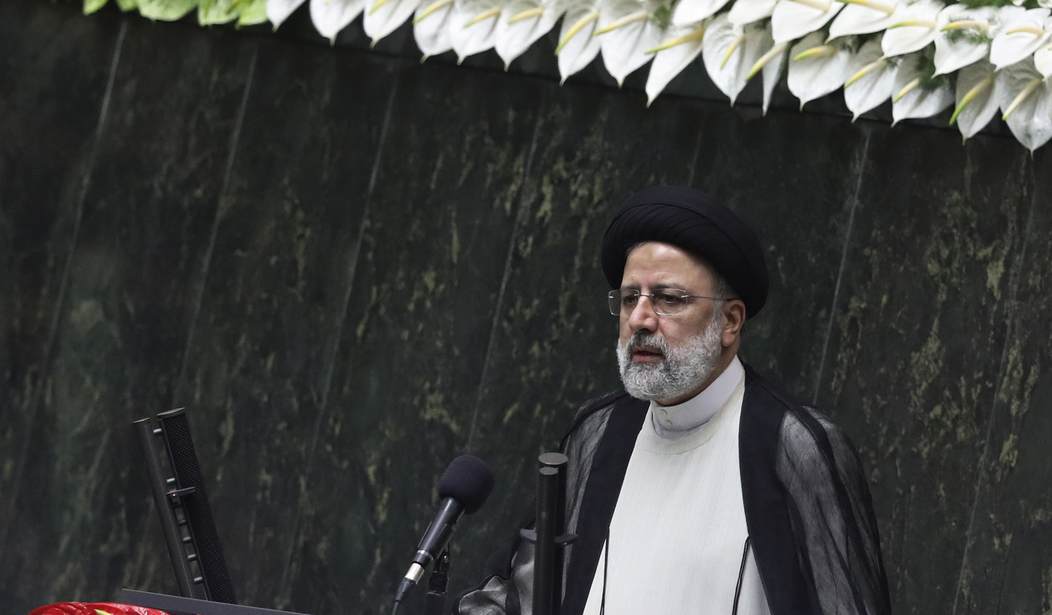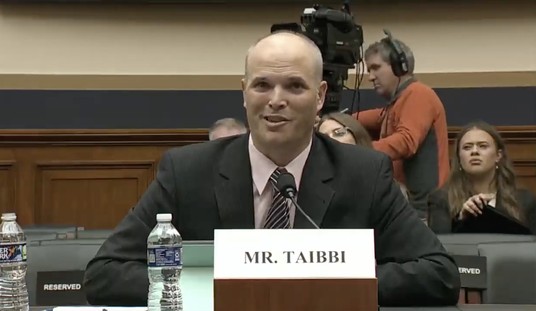In a withering report submitted to the United Nations Human Rights Council, Javaid Rehman, the Special Rapporteur on Iran, has accused the theocratic regime of crimes against humanity, barbarity, and repression. Mr. Rehman says the regime is guilty of “murder, imprisonment, torture, rape and other forms of sexual violence, persecution, enforced disappearance, and other inhumane acts, that have been committed as part of a widespread and systematic attack directed against a civilian population”. The 42-page report contains a mountain of evidence of “institutional discrimination against women and girls” and other crimes which include “extrajudicial and unlawful killings and murder, unnecessary and disproportionate use of force, arbitrary deprivation of liberty, torture, rape, enforced disappearances, and gender persecution”.
The Special Rapporteur outlines his deep concern about the accelerating use of the death penalty, noting that at least 834 people were executed in 2023, a 43% increase compared to 2022, when at least 582 persons were executed”. He says that “death sentences were passed following proceedings that violated due process and the right to a fair trial, as provided in article 14 of the International Covenant on Civil and Political Rights, to which the Islamic Republic of Iran is a party. Those executed were tortured and ill-treated and frequently denied access to a lawyer. Lawyers were not allowed to defend their clients”. Mr. Rehman drew attention to the fact that “the numbers of those executed from the ethnic and religious minorities remain disproportionately high, particularly for drug- or security-related crimes”.
The Special Rapporteur is critical of the fact that the death penalty can be imposed for over 80 offenses, including for “overbroad and vague national security offenses moharebeh (taking up arms to take lives or property or to create fear in public), efsad-e fel-arz (spreading corruption on Earth), baghy (armed rebellion) and other offenses such as drug-related offenses, adultery, homosexuality, apostasy, blasphemy, theft and alcohol consumption (for the fourth conviction), as well as fraud, economic crimes prostitution and some forms of trafficking in persons''. Mr. Rehman notes that “Most of these offenses do not meet the threshold of ‘most serious crimes’ and are therefore applied in violation of article 6 of the International Covenant on Civil and Political Rights''. He also points out that the mullahs have executed at least eight protesters who took part in the nationwide uprising that shook Iran in 2022. Calling for the abolition of the death penalty and an immediate moratorium on executions, Mr. Rehman highlights the fact that under Iranian criminal law, girls aged as young as 9 and boys aged as young as 15 “can be sentenced to death for qisas crimes (retribution in kind), such as murder, or hudud crimes (crimes for which punishments are mandated and fixed), such as adultery”.He notes that at least one child offender, 17-year-old Hamidreza Azari, who allegedly committed murder when he was aged 16 years and 8 months, was executed on 24 November 2023. Mr Rehman also reveals that the theocratic regime is one of the leading executioners of women, having, in 2022, executed 16 of the 24 women who were executed globally that year. In 2023 a further 22 women were hanged.
Recommended
Describing the mullahs’ “institutional discrimination against women and girls” as a violation of human rights, the Special Rapporteur draws particular attention in his report to the murder in custody of the young Kurdish Iranian girl Mahsa Amini, who's killed by the morality police for apparently not wearing her hijab properly, sparked the nationwide uprising in 2022. Mr. Rehman is also deeply critical of the crackdown that followed as the insurrection led to mass protests in towns and cities throughout Iran, describing the crimes of murder, imprisonment, torture, and rape that were “committed as part of a widespread and systematic attack directed against a civilian population, namely women, girls and others expressing support for human rights”. He notes that a UN fact-finding mission estimated that at least 551 people were killed by the security forces, including 49 women and 68 children, mostly by gunfire. Vilifying the ongoing “brutal and repressive policing methods on girls and women defying the compulsory hijab” the Special Rapporteur says the legislation “could be described as a form of gender apartheid, as authorities appear to be governing through systemic discrimination to suppress women and girls into total submission”.
Referring to historical atrocities committed by the mullahs, but never properly examined, Javaid Rehman calls on the international community to demand accountability and to end the persistent impunity of the regime, by investigating the “enforced disappearances and summary and arbitrary executions of 1981 and 1988 and the protests of November 2019”. In the second half of 1988 in particular, the summary execution took place of more than 30,000 political prisoners, the vast majority of whom were supporters or members of the opposition People’s Mojahedin of Iran (PMOI/ MEK). The mass executions, in jails across Iran, were carried out based on a fatwa issued by the regime’s then-Supreme Leader Ayatollah Ruhollah Khomeini. A ‘Death Committee’ approved all the death sentences. Mr. Rehman deplores the fact that while none of the perpetrators of the 1988 massacre have ever been brought to justice, the regime’s authorities have“been deployed for the destruction of any remaining evidence of those crimes, as well as the harassment and targeting of individuals seeking accountability and justice, in what appears to be a determined policy of wiping these events from memory”.
In conclusion, Javaid Rehman has called on the mullahs’ regime to implement widespread reforms, including the abolition of the death penalty and an end to discriminatory laws against women and minorities. The repeated nationwide uprisings and the mass boycotting of the recent presidential elections, where only an estimated 8.2% cast their votes, are the clearest possible indicators that no-one believes reforms can or will happen and that only the overthrow of the regime by the Iranian people and their organized resistance can restore democracy, peace, justice and human rights to the beleaguered 75 million population. The UN and the international community should support the Iranian people in their struggle.

























Join the conversation as a VIP Member